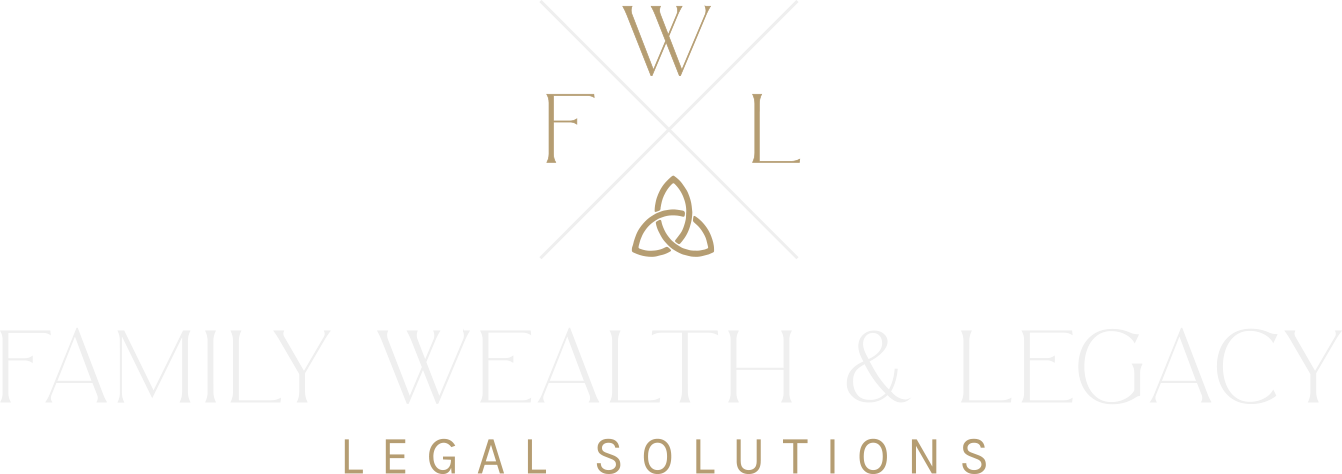Creating a living trust is a key step in protecting your home and family from unnecessary legal costs and delays. However, many homeowners don’t realize that transferring a home into a trust requires updating their homeowner’s insurance. Without this critical step, you could risk having an insurance claim denied when you need coverage most. Let’s explore how to align your trust with your insurance to fully protect your property.
Why Transferring Your Home to a Trust Affects Insurance Coverage
Changing your home’s legal ownership to a trust alters its status in the eyes of your insurance provider. Even if you remain in the home as the trustee, the trust is technically the legal owner. While a revocable living trust won’t impact your taxes, and although, you as the trustee are still technically the owner, it could create a loophole that allows your insurance company to deny claims due to a mismatch in ownership on title.
This is just one of the many oversights that can render an estate plan ineffective, if the remote possibility of your home requiring a serious claim. This isn’t something that often comes up, but in the age of natural disasters seemingly happening more and more often, it has been a much more prevalent issue discussed amongst the estate planning community over the past few years. With the recent wildfires in L.A., this has once again been a big discussion amongst the professional community. This is one of the many ways that an estate plan can fail and we thought it was extremely relevant to educate our clients and community. For a deeper look at other common estate planning pitfalls, read our blog: The 5 Essential Tips to Ensure Your Estate Plan Isn’t Worthless.
Insurance policies base coverage on legal ownership, and if your insurer isn’t aware of your trust, you could face rejection of a claim. Imagine suffering major damage to your home, only to be told that your policy isn’t going to cover the claim because your trust isn’t properly listed. Fortunately, this issue is entirely avoidable with proper planning and is an extremely necessary step to avoid letting your insurance company off the hook based on a technicality. Unfortunately, this isn’t an issue that is stressed, or often even discussed, during the traditional and typical estate planning process.
How to Update Your Policy After Transferring Ownership
To avoid gaps in coverage, notify your insurance provider as soon as you move your home into a trust. Most companies are familiar with trust ownership and can adjust your policy accordingly by either adding the trust as an “additional insured” party or issuing a trust endorsement.
When reviewing or updating your policy, we would also recommend considering these factors if you’re going to be reaching out to address your coverage anyway:
- Property Replacement Costs – Ensure your coverage reflects current market rates for rebuilding your home, as construction costs have risen significantly, and you may not have enough coverage to cover the damage if the unthinkable should become your reality.
- Liability Protection – Your policy should extend liability coverage to both you and the trust in case of accidents on your property.
- Detached Structures – Confirm that all outbuildings, garages, and other structures owned by the trust are properly covered.
Many insurers provide these updates at no extra charge and it’s often accomplished through a simple phone call and confirmation through your agent. Even though it’s typically a simple process and step to take, the financial security it offers is invaluable in the event of a disaster.
Common Mistakes That Leave Homeowners Vulnerable
Homeowners often discover that their insurance policy isn’t aligned with their trust when it’s too late and the damage has been done (literally). Here are common missteps to avoid:
- Failing to Notify the Insurance Company – If you don’t inform your provider of the trust transfer, your policy may not cover your home’s new ownership structure.
- Incorrect Trust Name on the Policy – Your insurance document must match your trust’s full legal name exactly, or you could run into problems when filing a claim.
- Skipping Regular Reviews – Home values change, and so do insurance requirements. Reviewing your coverage periodically ensures that your policy keeps pace with your needs.
- Overlooking Multiple Properties – If you own several properties in trust, each must be updated separately to reflect the correct ownership.
A Holistic Approach to Estate and Insurance Planning
At Family Wealth & Legacy Legal Solutions (FWLLS), we take a proactive approach to estate planning. Unlike generic estate plans or DIY online templates, our Family Wealth & Legacy Strategy Session™ ensures your legal and insurance protections work together seamlessly. Our process includes:
✔ A comprehensive asset review to confirm all properties are titled correctly;
✔ Ongoing monitoring for continued alignment;
✔ Guidance & detailed instructions on proper asset transfers to avoid costly mistakes; and
✔ Additional measures to protect your home, finances, and loved ones.
Take Action Before a Crisis Strikes
At FWLLS, we do more than draft documents—we create strategies that safeguard your future. Our in-depth process ensures your estate plan and insurance policies work together for complete protection.
Don’t wait for a disaster to uncover coverage gaps. Schedule a Family Wealth & Legacy Strategy Session™ today to review your trust and homeowner’s insurance and ensure they provide the protection you expect.
Click here to schedule your complimentary 15-minute consultation.
For more insight into how homeownership, insurance, and estate planning intersect, check out this informative guide from the National Association of Insurance Commissioners (NAIC): https://content.naic.org/consumer/home-insurance-basics.
If you enjoyed reading this article and made it to the end, please leave a comment and let us know your thoughts and your biggest takeaway. If you think your family and friends could benefit, please share it on social media to spread the word.
This article is a service of Family Wealth & Legacy Legal Solutions (FWLLS). At FWLLS, we do not just draft documents; we ensure you make educated, informed, and empowered decisions for yourself and the people you love. That’s why we offer a Family Wealth & Legacy Strategy Session™, where you’ll get educated and begin preparing to avoid life’s most common legal problems while ensuring your assets are fully protected.
Call our office today to schedule a Family Wealth & Legacy Strategy Session™ and mention this article to find out how to get this $900 session at a significantly discounted rate, or even for free.


